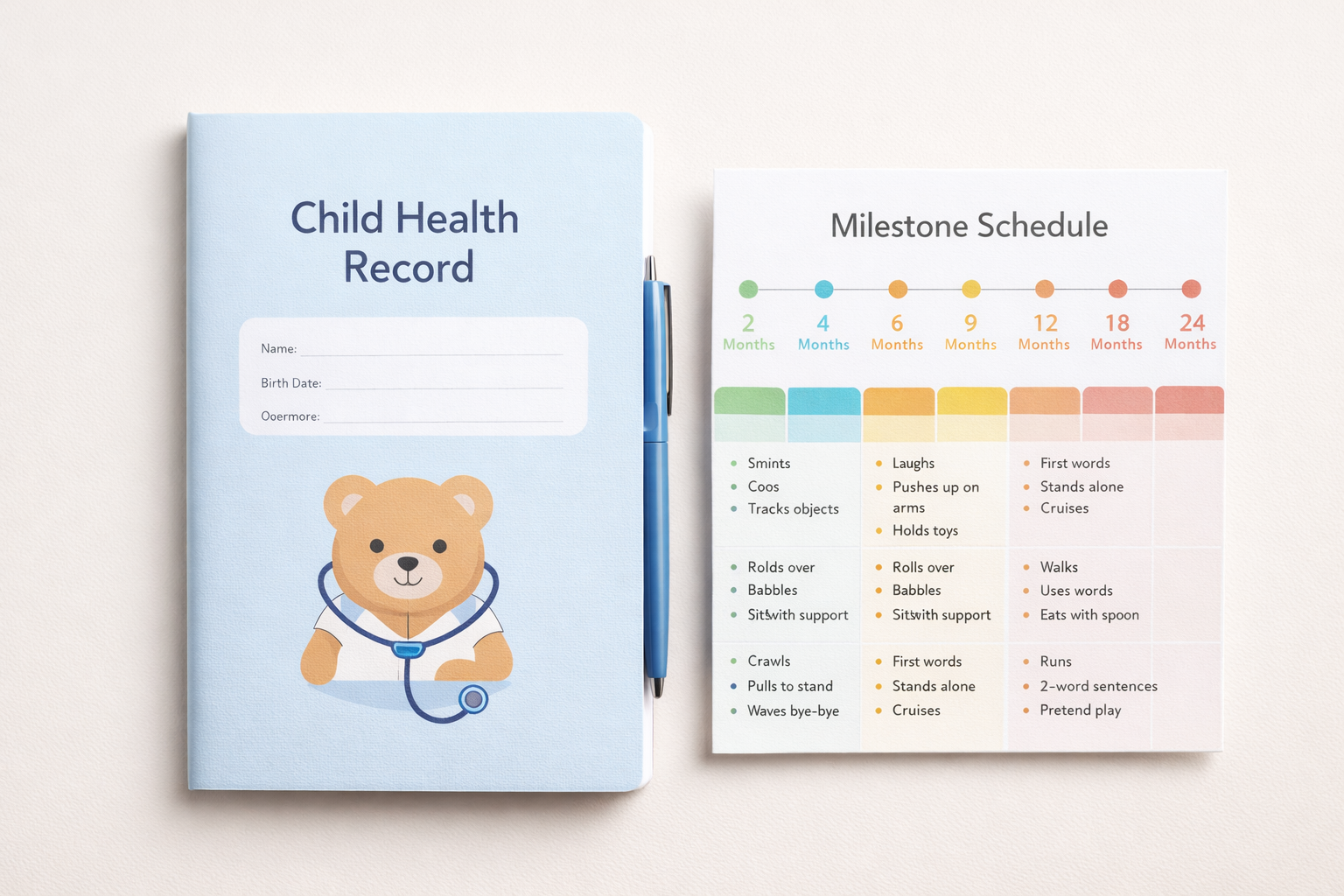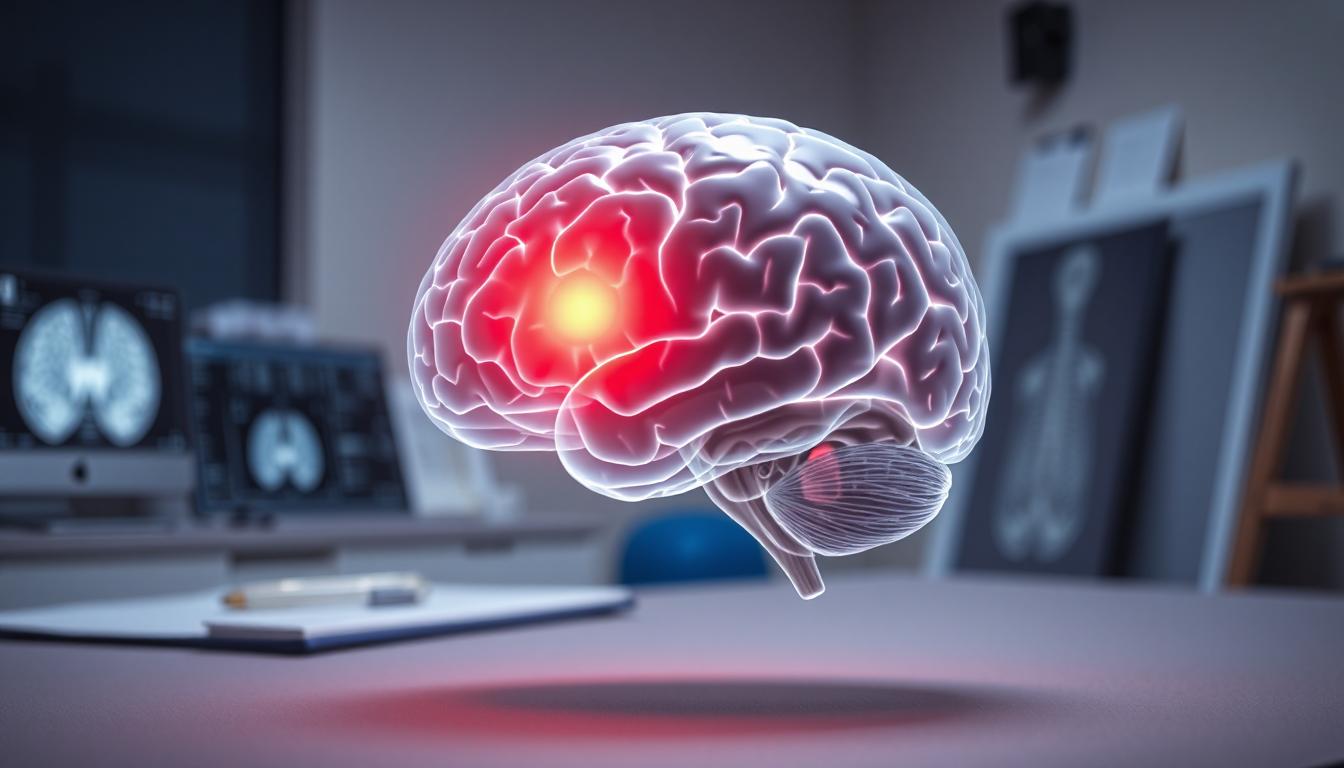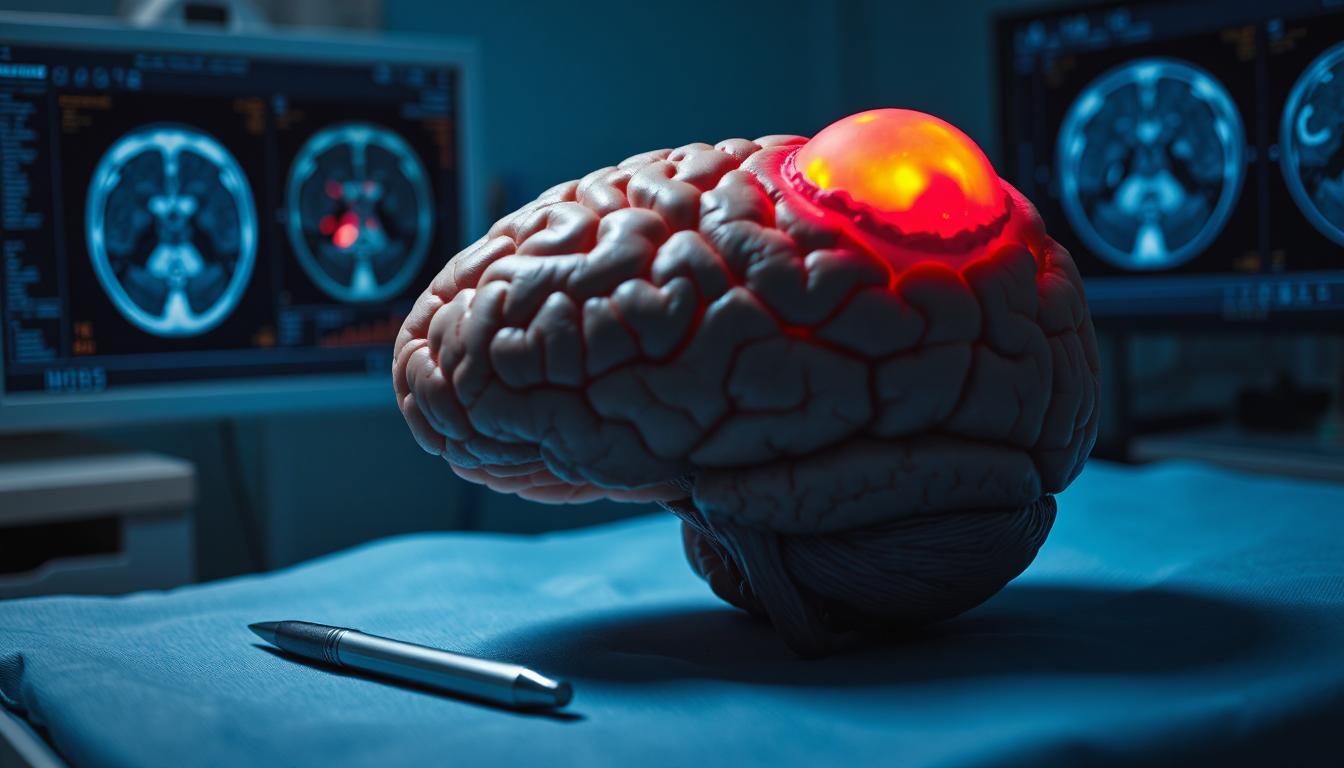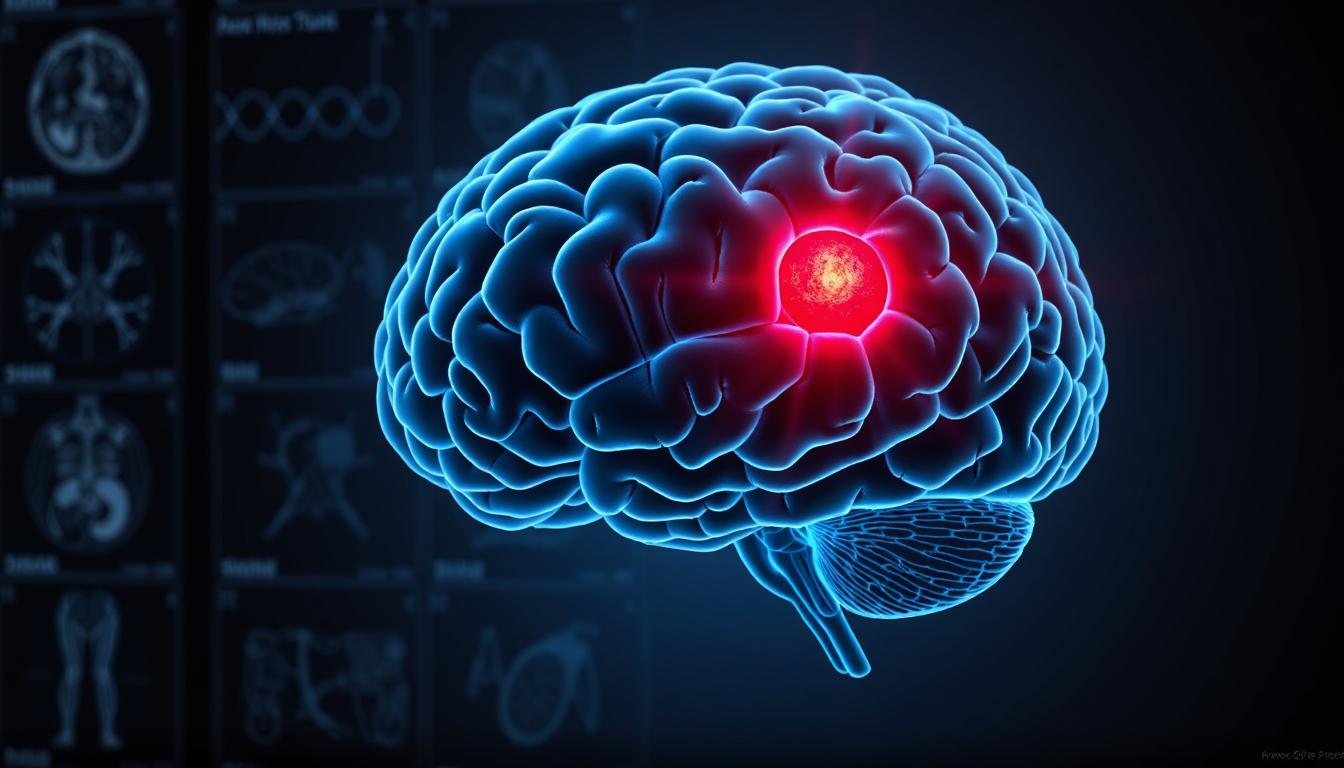Brain Tumor | Symptoms, Types & Treatment
 Lawrence
|
Lawrence
|
 25 Jul 2025
25 Jul 2025
What a brain tumor really is
A brain tumor is when cells in or around the brain start growing in a way they’re not supposed to. These cells don’t stop when they should, and over time, they pile up into a mass. Some tumors are harmless, some aren’t. But even if it’s not cancer, it can still cause real problems just by being in the wrong place.
It’s not always about how big it is. A small tumor pressing on something important—like a nerve or brain stem—can mess with your vision, balance, and even breathing. So yeah, even the “benign” ones need to be taken seriously.
Common signs and symptoms people notice
Headaches that feel different. Ones that stick around, get worse in the morning, or even wake you up from sleep. That’s a red flag.
Other signs really depend on where the tumor is. Some folks get blurry vision. Some forget things they usually wouldn’t. Speech might feel slow or weird. Some have seizures outta nowhere.
You might feel super tired, like more than just bad sleep. Some notice changes in personality or mood. And sometimes there’s pain near the back of the head or stiffness in the neck—brain tumor symptoms neck pain is a real thing for some people.
What causes brain tumors or makes them more likely
Honestly, a lot of the time nobody knows why it starts. Just happens. But there are some things that can up the risk.
Family history is one. If someone close to you had a brain tumor, your odds might be a bit higher. Then there’s radiation—like if you’ve had radiation therapy to the head before.
Some rare conditions—like Li-Fraumeni syndrome, neurofibromatosis—they can make brain tumors more likely too.
People also talk about Depo Provera brain tumor risk or birth control brain tumor concerns. The research isn’t totally clear on that yet, but it’s something that gets looked into if symptoms show up during long-term hormone use.
How doctors find out it’s a brain tumor.
Usually starts when someone notices something that’s just… off. The headaches, the weird vision stuff, memory lapses. Something feels wrong.
Doctor might do a neuro exam, check how your eyes react, how steady you are. Then they’ll usually order a CT scan or an MRI. If they see something unusual, next step could be a biopsy—taking a small bit of the tumor to see what kind it is.
That’s how they know what kind of tumor it is and what it’s doing.
Types of brain tumors you might hear about
There are a bunch. Some are more common, some are super rare.
- Astrocytoma brain tumor—comes from star-shaped brain cells, can be slow or fast.
- Glioblastoma—real aggressive, spreads quick.
- Meningioma—often benign but can still cause pressure.
- Pituitary tumors—mess with hormones and energy levels.
- Brain stem tumor—hard to treat just because of where it is.
Each one acts different. Some sit still. Others spread. Some come back even after surgery. That’s why knowing the type matters so much.
What treatment usually looks like
If doctors can, they usually try brain tumor surgery first. If it’s in a place they can reach safely, they’ll remove as much as they can. Sometimes they get the whole thing. Other times they take what they can without messing up the brain too much.
After that, it might be radiation, chemo, or newer stuff like targeted therapy. There’s also brain tumor medication for swelling, seizures, or nausea.
Recovery depends on a lot—tumor size, where it was, how healthy you are to begin with. Some people bounce back quick. Others take longer.
What life is like after a diagnosis
It’s different for everybody. Some people go right back to normal life. Others deal with memory problems, tiredness that doesn’t quit, or changes in mood.
After brain tumor removal, things might feel shaky for a while. Rehab can help. Therapy, too. It’s not just about the body—it messes with your head mentally too.
And yeah, in serious cases, people worry about the brain tumor death timeline. Especially with aggressive types like glioblastoma. But everyone’s different. Some people live years with tumors that doctors once thought were untreatable.
When to see a doctor and what not to ignore
If your headaches change—like they feel new, come more often, or get worse lying down—don’t ignore that. If your vision’s acting weird, your balance is off, or you’re forgetting stuff that shouldn’t be slipping—get checked.
Even if it’s not a tumor, it’s worth knowing. And if it is, earlier means more options, less damage, better odds.
Sanford Pharmacy helps patients dealing with brain tumors at every stage—from helping manage meds after surgery to offering support tools that actually make day-to-day easier. Whether you're just getting answers or already in treatment, the right help can make a hard thing feel a little more doable.
Categories

Can Newborns Get Infections from Visitors?
 Tobias
Tobias

Signs of Developmental Delays in Infants!
 Justice
Justice

What Vaccines Are Required for Toddlers?
 Molly
Molly

Is Baby Getting Enough Breast Milk?
 Monserrat
Monserrat

What Are Common Health Issues in Premature Babies?
 Collin
Collin












.webp)
.webp)
-(2).webp)

.webp)